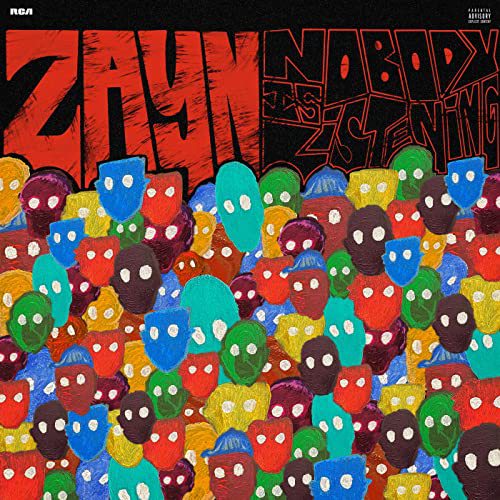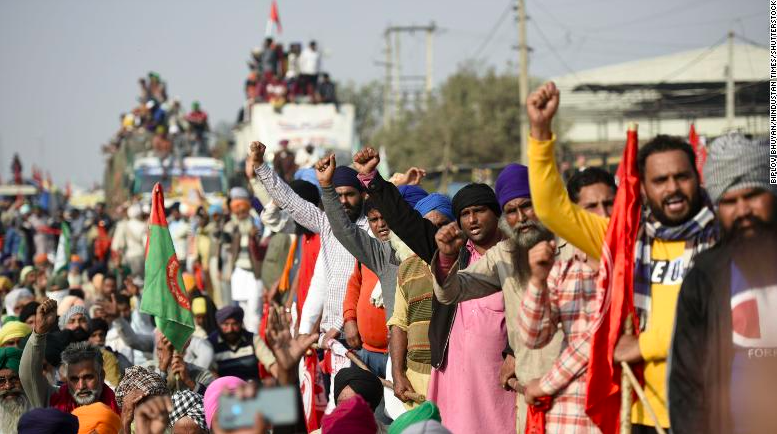The everlasting debate regarding whether vaccinations contribute to the development of autism in children has given rise to the “anti-vaxxer” crowd among some Americans, who have come to the conclusion that their children should not be receiving vaccinations at all. Particularly in New York City, the debate has once again surfaced, this time in relation to the recent outbreaks of measles.
The anti-vaxxer sentiment has also gained a foothold in the Ultra-Orthodox Jewish community of Brooklyn, as claims about the contents of the vaccines have begun to influence the decisions of some families as to whether it would be religiously acceptable to have their children receive them.
Anti-vaxxer activists have been resisting attempts to ban children from public areas, with some using such imagery as yellow stars to liken themselves to Holocaust victims. As stated by writer Helene Sinnreich of the Washington Post, they “Compare the criticism directed toward parents who choose not to vaccinate their children to the persecution of Jews during the Holocaust and label those who advocate for stringent laws around vaccines as Nazis.”
“Vaccines contain monkey, rat and pig DNA as well as cow-serum blood, all of which are forbidden for consumption according to kosher dietary law,” said Moishe Kahan, an editor for Peach magazine, quoted in a New York Times article on the subject.
On the other side of this ensuing war are doctors, government officials, and parents, who wish to prevent the spread of serious diseases against which vaccines are meant to defend. Also, of course, there are many Jewish leaders as well who are condemning the views of this small group of Jews. Rabbi Dr. Aaron Glatt and Rabbi David Niederman affirmed to CBS that the idea that Jewish law prohibits vaccination is preposterous, and, overall, over 95% of Jewish-Americans get vaccinated. They expressed great concern that there has been growing anti-Semetic sentiment in NYC as a result of this “bad press” for Orthodox Jewry.
The potential of anti-vaxxer movements to instigate the spread of diseases such as measles has led to increasingly proactive efforts by the city government to enforce vaccinations of children.
Mayor Bill de Blasio began to demonstrate this increased willingness to take action on the issue by announcing newly-established requirements for residents, specifically in the Orthodox areas of Brooklyn where this anti-vaxxer movement has taken root: receive measles vaccinations or be subject to fines or violations.
“There has been some real progress in addressing the issue, but it’s just not working fast enough and it was time to take a more muscular approach,” Mayor Bill de Blasio said, speaking on the move at a press conference.
Though much of the focus related to this issue has been on the specific incidents taking place in Brooklyn, the separate issue of unvaccinated people and children, and the consequences of the choice not to be subjected to vaccinations, is one that can have a wide reach. Now, the focus is more on who should be responsible for getting people vaccinated.
A large part of the responsibility for ensuring that people get necessary vaccines must come from entities such as educational institutions, businesses and places of employment in general, all of which play an enormous role in the lives of most Americans. Most, if not all such places, are already mandated to do so by the New York State Public Health Law, including Queens College.
Beyond this, however, are more direct efforts by the government to enforce vaccinations for the general public. In order to enact the new requirements for Orthodox Jewish neighborhoods in Brooklyn, mayor de Blasio first had to declare a medical state of emergency in those areas. At times, in cases where government takes a more direct role in the lives of citizens, such a step is a called a necessity, indicating desperate times that call for more desperate measures.
In such cases as of the anti-vaxxer activists and Brooklyn Orthodox Jewish groups, who may seek to avoid receiving mandatory vaccinations regardless of consequence, the threat of violations and fines may be necessary to preserve the health of the public.














